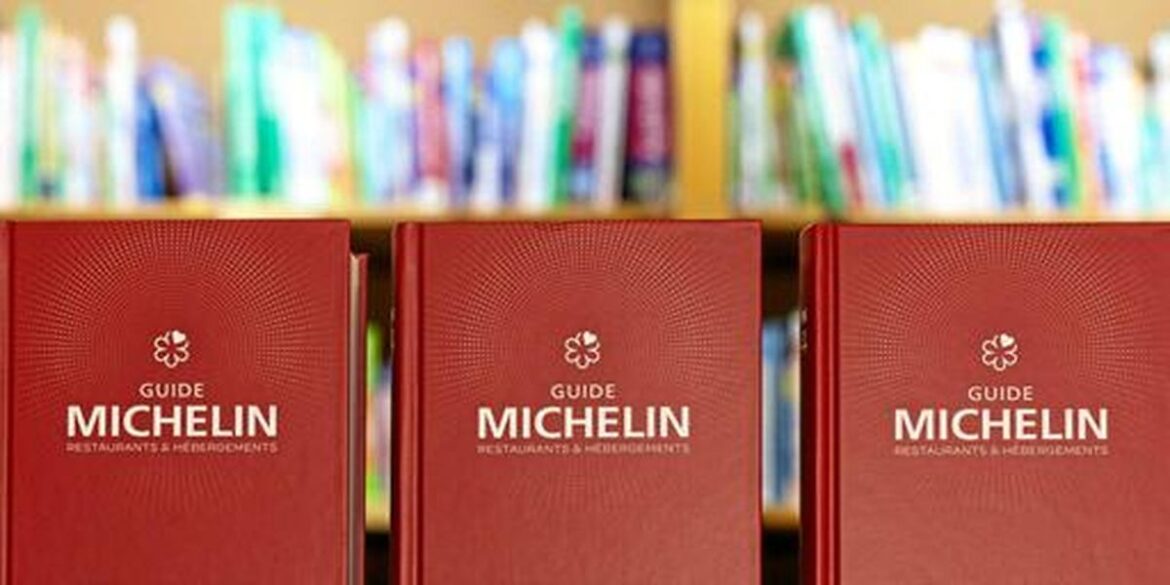The Michelin Guide’s much-anticipated 2025 downgrades were officially revealed on Thursday, March 20, 2025, just eleven days before the upcoming awards ceremony.
This year, 22 esteemed restaurants across France have lost their Michelin stars, a significant event for the culinary world. Notable among the downgrades is the renowned chef Georges Blanc, whose eponymous restaurant in Vonnas, Ain, has dropped from three stars to two, after holding the prestigious recognition for an impressive 44 years. “I didn’t expect that,” stated the 82-year-old chef following the announcement. He added, “We will manage with two stars, perhaps being less elitist and a bit more accessible,” showcasing a pragmatic approach to the loss.
The downgrades are part of the Michelin Guide’s annual reassessment of restaurants, with Gwendal Poullennec, the director of the guide, praising the long-standing quality of Maison Blanc. He emphasized that, “I assure you that this year’s Michelin teams will continue to follow this restaurant with the same benevolence, the same requirements, but always with the same desire to reflect the evolution of the quality of the table in our rankings.” This sentiment underscores the guide’s commitment to maintaining high culinary standards.
In total, the Michelin Guide sees one three-star establishment downgraded, one two-star restaurant (Le Puits Saint-Jacques, led by chef William Candelon in Gers) falling to one star, and a staggering 20 one-star restaurants being relegated to mere recommendations. Among these, four lost their stars due to changes in ownership or culinary direction, indicating a shift in the vibrant French dining scene.
Additionally, the year has seen closures that reflect the ongoing challenges faced by the restaurant industry, with 22 one-star establishments closing in the last year, along with the two-star Maison Ruggieri in Paris. In total, 639 restaurants closed in France throughout 2024, highlighting the precarious nature of the culinary business amidst shifting consumer preferences and economic pressures.
Among the one-star restaurants that have been downgraded to recommendations is the bistrot Benoît in Paris, owned by the celebrated chef Alain Ducasse. Despite the setback at Benoît, Ducasse’s other establishments retain their prestigious rankings, including three stars at Louis XV in Monaco, two stars at Meurice in Paris, and one star at Grand Contrôle in Versailles.
As the Michelin Guide prepares for its official award ceremony, set to take place on March 31, 2025, at the Robert Schuman Congress Center in Metz, the culinary world watches anxiously. It remains to be seen how these downgrades will impact the broader gastronomic landscape in France as establishments work to adapt.
The Michelin impacts extend beyond star ratings; they influence restaurant patronage and reputation. Chefs and restaurant owners will now have to navigate the uncertainty created by these changes, striving to regain their former status and reassess their culinary offerings.
Overall, the results of this year’s Michelin Guide signal not just individual setbacks for restaurants but reflect larger trends and shifts within the French dining scene. The prestigious guide serves as a barometer for quality and innovation in gastronomy, and these downgrades underscore the fierce competition that defines the industry.
In conclusion, as dining establishments absorb the implications of their rankings, the Michelin Guide continues to play a crucial role in shaping culinary standards and consumer expectations, marking significant changes as we head into the spring of 2025.

